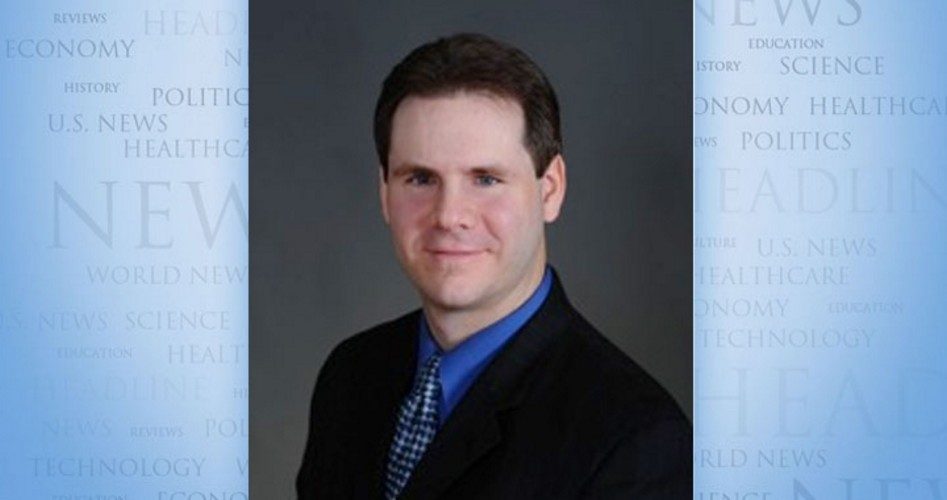
If “American exceptionalism” now means leading the world in providing comic relief, then we’ve just increased our lead. This is perhaps indisputable with news of a grossly obese Alabama pageant winner and a man — yes, a man — being crowned Miss Maryland.
These stories have received much play and, in fairness, the one out of Alabama has been widely misreported. While (350-lb?) Sara Milliken has been said to be “Miss Alabama,” the truth is that she was crowned winner of a different contest known as “National American Miss Alabama.”
National American Miss (NAM) “in Alabama has competitions of talent, spokesmodel, fun fitness model, runway modeling and top model, though they are optional (other optional categories exist in other states),” relates Snopes. “The required categories to win a NAM pageant are formal wear, personal introduction, interviews and community service.”
That said, does any of the above explain this (images and video below).
For the record, I’ve in the past often defended our friendly-fronted brethren, including when two Mississippi legislators proposed banning fat people from eating at restaurants (they were trying to make a point). I mean, you can have more chins than Chinatown, for all I care, or, when attending the zoo, find that the elephants throw you peanuts.
(Credit for the above jokes: “Weird Al” Yankovic and Rodney Dangerfield.)
But don’t spit on my shoes and tell me it’s rainin’, and that’s what the wokesters are doing when they now, suddenly, glorify obesity. No, it’s not unhealthful, they say — not any more than giving kids puberty blockers.
Speaking of which brings us to the second story. “Bailey Anne” is a man, but “identifies” as “a woman and was crowned Miss Maryland USA last week,” reports the Washington Examiner. He “said winning the pageant is a huge step forward for LGBT children,” the site also relates. But which way is America stepping with these inanities?
“Bailey Anne” certainly is a good simulacrum of a woman, no doubt (video below).
Does this change reality, however? Science says no, and so do most respondents, apparently. As one tweeter put it, reacting to the above, “The dude should have been shunned, he had no right to be there in the first place, and the real women should have refused to take the stage with him.”
As for NAM Alabama, crowning a 350-lb pageant winner in the deep South does lend itself to some humor (my apologies to my southern friends). It reminds me of when comedian Larry the Cable Guy, who approaches sumo territory himself, mentioned that he buys his clothes at Walmart.
“I’m a medium at Walmart,” he explained.
Of course, if Milliken had been crowned “Miss Walmart Alabama,” perhaps everyone would nod approvingly. The current state of affairs, however, is different. It reflects our rapid moral/social decay or, as some put it, our wokeness.
In fact, the pageant puerility “is part and parcel of the perverse leftist desire to render the meaning of words moot… and worse yet, to strip everything of any meaning whatsoever,” contends commentator Eric Utter. “Their desire to excuse their own proclivities and behavior, whatever it may be, impels them to attempt to destroy the very concepts of decency, ‘better,’ and good and evil… that they may not be judged here on this earth. (And, since they typically do not believe in God, they think they are home free.) This is a deliberate attempt to make a mockery of judgements [except the Left’s], competition, the sacredness of male and female complementarity, beauty… and God himself.”
“Make no mistake,” he concludes, “the Left is engaged in an all-out war on beauty, excellence, and decency.”
A commenter under his piece provided some historical perspective, too.
“Nothing new here,” the man wrote. “The left has always been against beauty. Have we fo[r]gotten avant garde 20th-century art, music, and [architecture]? Part of the Soviet campaign to demoralize the West was to make public spaces ugly. It’s all of a piece.”
It’s all of bad philosophy, too. Some, for example, may say here, using a quotation they believe is a knock-out punch to knocks on counter-cultural conceptions of beauty, “Beauty is in the eye of the beholder.” Ah, how pithy.
How perspicacious.
How profound.
And how philosophically unsound. In fact, the quotation is contradictory.
That is, there are two possibilities here: Either beauty exists or it doesn’t.
If beauty is real, if it has an existence unto itself, then it’s not just “as we perceive it”; rather, it is what it is.
Another way of saying this is: What are you beholding? The idea is to perceive, clearly, the “what” — for the what has whatness.
The other possibility is that beauty doesn’t exist, that at issue is mere taste. In this case, however, we could not rightly say, for example, “That woman is beautiful”; we could only rightly state, “I find her appealing.”
So asserting that beauty “is in the eye of the beholder” is akin to saying “Truth is in the eye of the beholder” — which moderns also do. It’s the philoso-babble of an unserious time and, while it may seem innocuous to some, it has disastrous consequences.
For embracing lies leads to dislocation from reality. Dislocation from reality leads to the promotion of unreality. And indulging unreality, long enough, leads to destruction.




